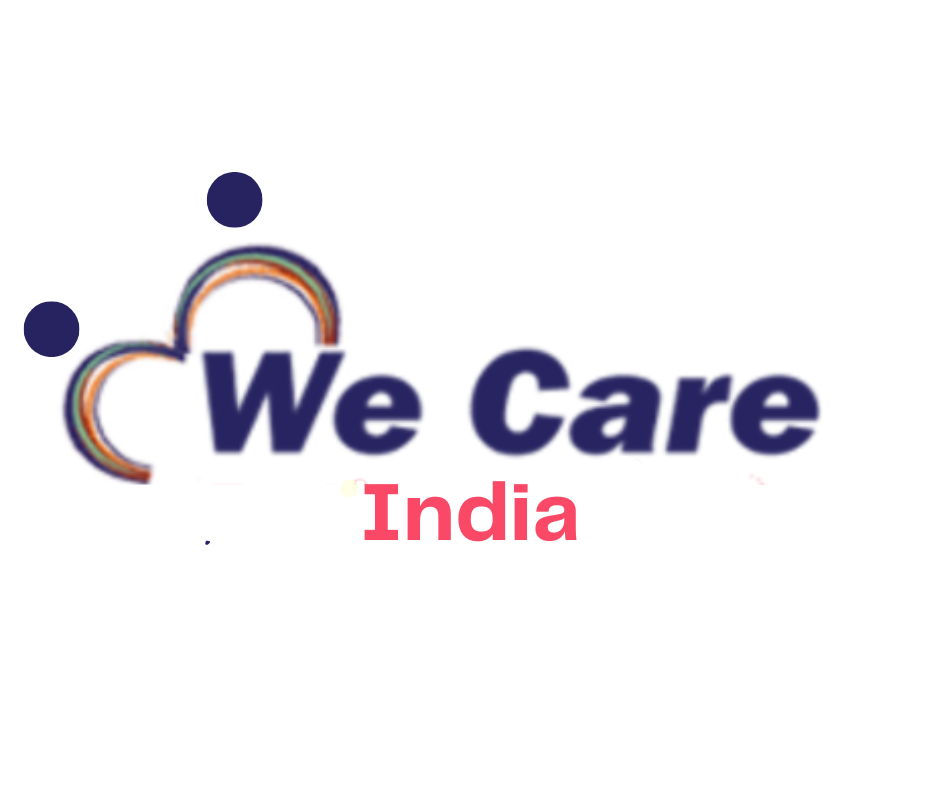Chemotherapy in India: Advanced Cancer Care at Affordable Costs
However, it can also harm healthy cells, which causes side effects.
During chemotherapy you may have no side effects or just a few. The kinds of side effects you have depend on the type and dose of chemotherapy you get. Side effects vary, but common ones are nausea, vomiting, tiredness, pain and hair loss. Healthy cells usually recover after chemotherapy, so most side effects gradually go away.
Your course of therapy will depend on the cancer type, the chemotherapy drugs used, the treatment goal and how your body responds. You may get treatment every day, every week or every month.


Free Doctor Opinion
You may have breaks between treatments so that your body has a chance to build new healthy cells. You might take the drugs by mouth, in a shot or intravenously.
How Is Chemo Given ?
A pediatric oncologist (pronounced: on-kah-luh-jist), a doctor who treats cancer in children and teens, will work with other health care professionals to decide on the type of chemotherapy treatment that will work best for each individual cancer patient.
There are many different ways that teens are given chemo medications, including:
- Intravenously (IV). A needle is inserted into a vein and the medicine flows from an IV bag or bottle into the bloodstream. Chemo can also be delivered intravenously through a catheter, a thin flexible tube that is placed in a large vein in the body.
- Orally. The person getting treatment swallows a pill, capsule, or liquid form of chemo medication.
- By injection. Using a needle or syringe, the drugs are injected into a muscle or under the skin.
- Intrathecally. A needle is inserted into the fluid-filled space surrounding the spinal cord and the chemo drugs are injected into the spinal fluid.
Chemotherapy Side Effects
An undesirable consequence of chemotherapy affecting your body—not related to your cancer—is referred to as a complication of treatment, or a side effect.
Some common side effects of Chemotherapy are:
- Low white blood cell count
- Low red blood cell count
- Low platelet count
- Nausea
- Vomiting
- Hair loss
- Fatigue
What Does Chemotherapy Do ?
]Depending on your type of cancer and how advanced it is, chemotherapy can:
- Cure cancer – when chemotherapy destroys cancer cells to the point that your doctor can no longer detect them in your body and they will not grow back.
- Control cancer – when chemotherapy keeps cancer from spreading, slows its growth, or destroys cancer cells that have spread to other parts of your body.
- Ease cancer symptoms (also called palliative care) – when chemotherapy shrinks tumors that are causing pain or pressure.
How Chemotherapy Works ?
Chemotherapy is designed to kill cancer cells. Chemotherapy can be administered through a vein, injected into a body cavity, or delivered orally in the form of a pill, depending on which drug is used.
Chemotherapy works by destroying cancer cells; unfortunately, it cannot tell the difference between a cancer cell and some healthy cells. So chemotherapy eliminates not only the fast-growing cancer cells but also other fast-growing cells in your body, including, hair and blood cells.
Some cancer cells grow slowly while others grow rapidly. As a result, different types of chemotherapy drugs target the growth patterns of specific types of cancer cells. Each drug has a different way of working and is effective at a specific time in the life cycle of the cell it targets. Your doctor will determine the chemotherapy drug that is right for you. To understand more about the different ways chemotherapy is given, read about how people receive chemotherapy.
Getting Support in India
Chemotherapy can be frightening to think about. If you’re one of the many people whose cancer is being treated with chemotherapy, your doctors, nurses, and other members of the cancer treatment team are there to reassure you before, during, and after chemotherapy.
You can also look for support from friends and family. Your friends make you feel good when you’re healthy — so surrounding yourself with friends when you’re sick is sure to be a pick-me-up. Phone and email are great ways to keep in touch, even if you’re having a bad day. If you’re afraid that your friends will feel weird or embarrassed, talk to a parent or nurse about some ideas on how to cope.
Read Also :-
- Cervical Spine Surgery in India: Expert Care for Neck Pain and Spinal Health
- Advanced Cancer Surgery in India | Leading Oncologists & World-Class Care
- Sigmoidoscopy Surgery in India: Early Detection and Affordable Care for Colon Health
- Cerebral Angioplasty in India: Advanced Stroke Prevention & Treatment
- Carotid Endarterectomy in India: Advanced Stroke Prevention Surgery
- Carotid Artery Disease Surgery in India: Prevent Strokes with Advanced Care
Committed To Build Positive, Safe, Patient Focused Care.
High Quality
Care
Home Review
Medicine
All Advanced
Equipment
Book An Appointment

At We Care India, we offer complete medical services for your entire family, from routine check-ups to injury care, ensuring personalized attention and expert assistance for all your health needs.


